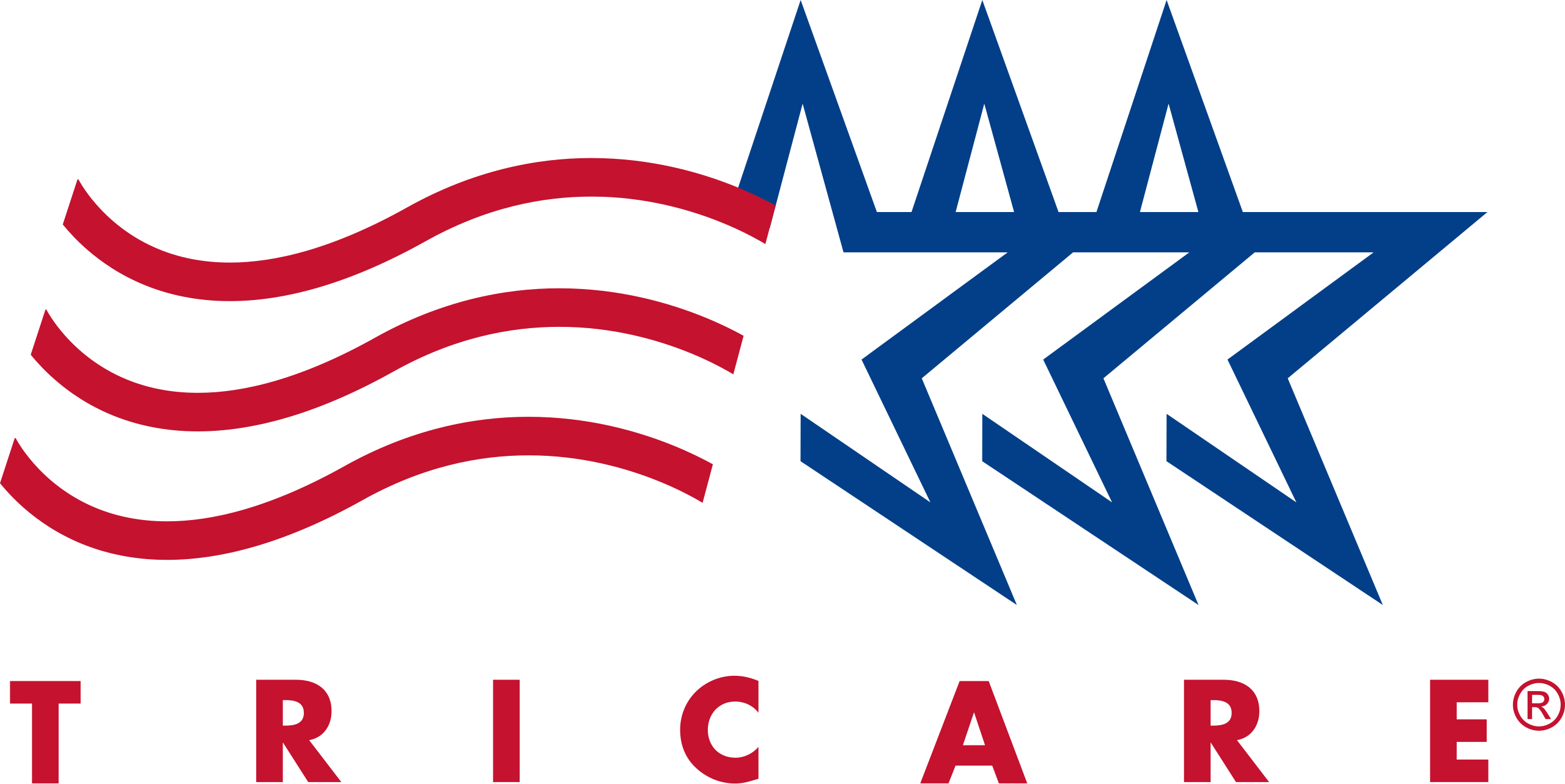After deciding to take the first steps of recovery with medical detox at a medical detox center, the next step in a person’s journey is to decide between inpatient vs. outpatient rehab. Both types of rehab treatment programs have their benefits depending on the individual’s specific needs. Learning more about these rehab options can help someone determine which rehab treatment is best for them.
What Is Inpatient Rehab?
Inpatient rehab for drug addiction is a type of residential treatment program where clients live at the facility for an extended period. This type of rehab uses evidence-based treatments, such as cognitive behavioral therapy (CBT) and motivational interviewing (MI), to address underlying issues contributing to substance use.
During inpatient rehab, clients receive 24-hour care from medical professionals who monitor their progress and provide support throughout recovery. Clients also have access to individual counseling, group therapy sessions, educational classes on relapse prevention skills, recreational activities, and other therapeutic interventions during their stay.
Who Is Inpatient Rehab Good For?
Inpatient rehab can be beneficial for those with severe substance use disorders, long-term addictions, and co-occurring conditions. It is also helpful for individuals who need a higher level of care than outpatient programs provide or are unable to maintain sobriety on their own. The structure, support, and supervision provided by inpatient care can help clients stay focused on recovery while avoiding triggers that could lead to relapse.
What Is Outpatient Rehab?
Outpatient rehab is a treatment program that allows clients to reside at home while attending regular therapy sessions. Outpatient programs vary in intensity, with some providing more structure and support than others.
During outpatient rehab, clients typically receive individual and group counseling, as well as educational classes on relapse prevention skills. Clients may also have access to case management services and other therapeutic interventions depending on the program they choose.
Who Is Outpatient Rehab Good For?
Outpatient rehab can be beneficial for those with mild to moderate substance use disorders or those unable to commit to a residential treatment program. Outpatient care is also helpful for individuals transitioning from inpatient care who need continued support while integrating back into their daily lives. This type of treatment allows clients to receive the necessary help while still managing responsibilities like work, school, and family obligations.
Inpatient Versus Outpatient Rehab: Benefits
Inpatient rehab offers a number of benefits, including:
- 24-hour medical and emotional support
- Structured environment to focus on recovery
- Access to evidence-based treatments like CBT and MI
- Increased motivation and accountability for sobriety
- Opportunity to build strong peer connections with peers in recovery
- Increased sense of safety and security during treatment
Outpatient rehab offers several benefits, including:
- Flexibility in treatment schedule and intensity to meet individual needs
- Reduced financial burden compared to residential programs
- Ability to maintain daily responsibilities like work, school, and family obligations
- Continued access to therapeutic support after inpatient care
Inpatient Versus Outpatient Rehab: Cons
The cons of inpatient rehab can include the following:
- Higher financial cost for residential treatment programs
- Challenges to maintaining privacy and confidentiality due to 24-hour care
- Possible difficulties reintegrating into one’s normal daily routines
The cons of outpatient rehab can include:
- Less intensive treatment, so it requires more self-discipline and commitment to maintaining one’s sobriety
- Potential for increased exposure to triggers or high-risk situations while living at home
- Reduced access to medical support if needed during treatment
- Increased risk of relapse if not closely monitored
How to Decide Which Rehab Is Best?
Deciding which type of rehab is best for someone is a personal decision and depends on many factors, such as their level of addiction, financial resources, availability of support from family and friends, and their individual needs. It is important to consider all options carefully before making a decision. Talking with an addiction specialist can help someone make the right choice for their unique situation.
Why Is Detox Essential Before Rehab?
Detox is an essential step before rehab because it helps to rid the body of drugs and alcohol, allowing for a more successful rehabilitation process. During detox, medical professionals monitor clients closely and provide medications to manage withdrawal symptoms if necessary. Detox also prepares clients mentally and emotionally for rehab by providing them with time to reflect on their addiction and start taking steps toward recovery.
How Long Is Medical Detox?
The duration of detox depends on several factors, such as the substance being used, the frequency the substance is used, the amount used, and how severe the addiction is. For some substances, such as alcohol or barbiturates, detox can take between one to two weeks.
For other substances, like opioids or benzodiazepines, someone may require longer periods of medical monitoring and support before beginning rehab. However, while the physical withdrawal symptoms are usually gone at the end of the detox, many people still experience psychological withdrawal effects like cravings, anxiety, and depression.
As such, transitioning from medical detox to an inpatient or outpatient rehab program will help ensure the person receives the ongoing care they require to maintain their sobriety.
Detox with a Personal Touch in Beautiful Pompano Beach, FL
The Retreat of Broward in beautiful Pompano Beach, FL, is a DCF and Joint Commission-accredited medical detox center where you can start your recovery journey. Contact us today to get started.
















